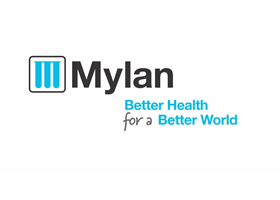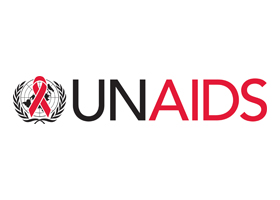Time: 10:45-12:15
Room: MH2
Reporter: Clementine Uwimana
Breton.G discussed managing virological failure in people living with HIV: giving the patient a chance not the first line. .In order to reach the final 90 of the 90-90-90 UNAIDS goal, access to viral load monitoring must be expanded to all the people living with HIV on antiretroviral therapy. Adherence counselling result in re-suppression in 46.1% of patients avoiding unnecessary drug regimen changes (meta-analysis of 6280 patients from 21studies. Ford et al. JAIDS, 2019). In the real life, management of virological cascade is a challenge among patients on first line therapy: with confirmed virological failure, only 53.4% are appropriately switched to a different regimen. The study objectives were to investigate reasons associated with low use of second line antiretroviral therapy by ART prescribers. Adherence counselling is a challenge especially when patients are suffering from negative representation.
Virginia M. Burke discussed the impact of peer mentoring on viral Suppression and internalized stigma among HIV positive adolescents and young adults in Ndola, Zambia. She discussed the Youth Engaging for Success (YES) randomized clinical trials. The study required Zambian youth helping HIV positive peer not to be ashamed, feel guilty and feel worthless. Young people living with HIV are under-utilized resource.
Shumba Khumbo presented on virological rebound among re-suppressed patients after failing second line HIV therapy in Johannesburg, South Africa. High proportion of people living with HIV (23%) switch to a second line drug regimen from first line drug regimens. The limitation faced with the study was missing data. Drug resistance was not investigated. A strength of the study was the long duration of participant follow up. Further studies should be conducted to investigate drug resistance among patients experiencing virological rebound.
Grace Gabagaya presented on prevalence of undetectable HIV viral load in pregnant women initiating option B+ in Kampala and Mityana in Uganda. .Viral load results are key in monitoring adherence and documentation treatment response to ART. The goal of the study was to improve retention in care and adherence to ART to 2yrs postpartum among HIV infected women in urban and rural Uganda receiving PMTCT option B+. The conclusion was to consider screening for baseline drug levels in self-reporting ART naive pregnant women with undetectable viral load to identity undisclosed ART use.
Kennedy M.Ngowi presented on real time medication monitoring improves treatment outcome among people living with HIV on antiretroviral treatment, Tanzania. He noted that 95% or more doses needed to prevent treatment failure and to prevent development of drug resistance. The aim of the study to was to investigate the effect of reminder cues and tailored feedback on adherence to treatment among PLHIV. The trend was positive and might continue showing a significant result once all participants have finished follow up.














